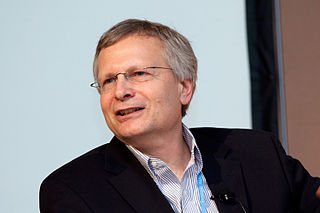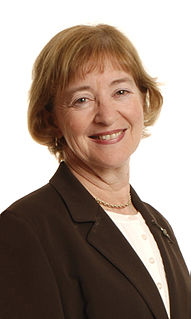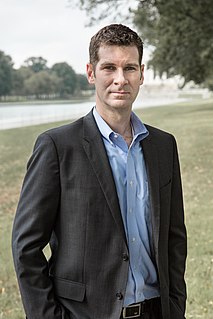A Quote by Kofi Annan
The problem is this. The spread of markets outpaces the ability of societies and their political systems to adjust to them, let alone to guide the course they take
Related Quotes
We must adjust our value systems and work to modify today's societies, in which economic interests are carried to the extreme and irrationally produce not merely objects, but weapons of war. These societies don't care about the destruction of the planet and mankind as long as they earn profits - it can't go on like this.
The colonial experience all Muslim countrieswent through may be a factor in the fight against Western domination, British, French or whatever. They were until recently largely rural societies with land owning governing elites in most of them. I think they are certainly moving toward urbanization and much more pluralistic political systems. In almost every Muslim country, that is occurring. Obviously they are increasing their involvement with non-Muslim societies. One peak aspect of this, of course, is the migration of Muslims into Europe.
The main purpose of advertising is to undermine markets. If you go to graduate school and you take a course in economics, you learn that markets are systems in which informed consumers make rational choices. That's what's so wonderful about it. But that's the last thing that the state corporate system wants. It is spending huge sums to prevent that.
Political scientists don't work at banks which is a problem. As political issues become more important for the markets, analysts at banks are asked all sorts of questions they don't have the ability to answer. And if you're getting paid to answer questions as analysts at banks are you never want to be in the position of saying you don't know.
The ability to change one's mind is probably a key characteristic of the successful investor. Dogmatic and rigid personalities rarely, if ever, succeed in the markets. The markets are a dynamic process, and sustained investment success requires the ability to modify and even change strategies as markets evolve.
Unlike national markets, which tend to be supported by domestic regulatory and political institutions, global markets are only 'weakly embedded'. There is no global lender of last resort, no global safety net, and of course, no global democracy. In other words, global markets suffer from weak governance, and are therefore prone to instability, inefficiency, and weak popular legitimacy.
The problem is not just the cost of the ships, but that the swapping was supposed to be quick, but right now it can take days or weeks, which is more like traditional refitting. But the model of modularity and being able to take on different roles is a good one. This is where adding in unmanned systems in the future will be an aid. If they can carry them onboard, whether it be drones to mine or sub-hunting underwater systems, all ships should be able to do such multiple roles simultaneously.











































